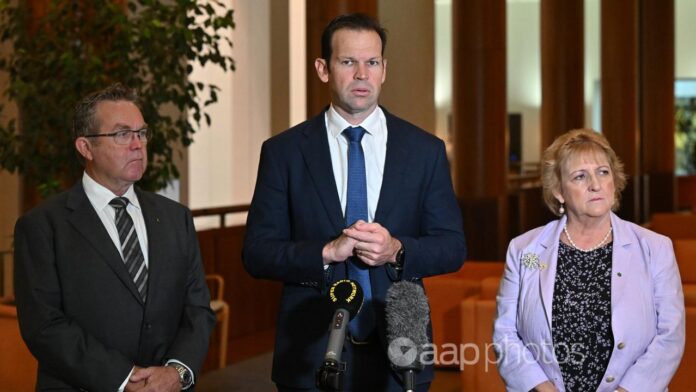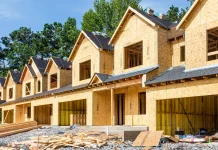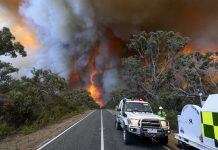CANBERRA (London Post with AAP ) By Dr. Majid Khan -Three MPs are pushing for Gladstone to become the future home of Australia’s nuclear submarines.
Matt Canavan, Colin Boyce and Michelle Landry say Central Queensland should be considered a new submarine base because it is located in the north.
The shortlist for East Coast bases includes Brisbane, Newcastle and Wollongong.
But Senator Canavan affirms that Gladstone is his second best port in Australia after Sydney.
“It’s an ideal location. It has the world’s best military training facility for Marines, is a transportation hub, and has an airport that can land all but the largest aircraft,” he said.
“We’re facing north. When we face a threat to our country, it’s more likely to come from people in the north than from penguins in the south.
He said there was no point in not having a permanent military presence in the region.
The senator said the local council had hired defense and economic advisers to produce a report on why a naval base in central Queensland was blocked by a dam.
“About $30 million is spent annually just to travel up and down the highway from Brisbane to central Queensland,” said Senator Canavan. Australia won’t get its first nuclear submarine under the AUKUS agreement with the US and UK until the early 2030s.
Secretary of Defense Richard Marls said this was an important step for the country and would help improve Australia’s standing in the region.
“Operating a nuclear submarine would be Australia’s contribution to the collective security of the region where we live, and thus strengthen our ties with our neighbors,” he said.
He also downplayed reports that Labor MPs had expressed concerns about the deal, and said he answered a number of respectful questions about the decision. “That’s what you would expect. This is a big decision for the country,” he said.
“When you walk [in parliament], there is a great sense of togetherness.”
Deputy Secretary of State Tim Watts is also working to address concerns, but on a much larger scale.
Some Southeast Asian and Pacific nations remain skeptical of the announcement, citing proliferation prospects and rising tensions in the region.
At an ASEAN workshop on nuclear risk reduction, Watts said Australia remains committed to reducing risks associated with nuclear weapons, including through the South Pacific Nuclear Free Zone Treaty.
But the Deputy Minister said Australia also recognizes that the Indo-Pacific is witnessing the world’s largest military build-up and that there are “clear and current risks that cannot be ignored”.
Sunday, February 22, 2026
More
© London Post, All Rights Reserved by Independent Media Group UK Limited.






